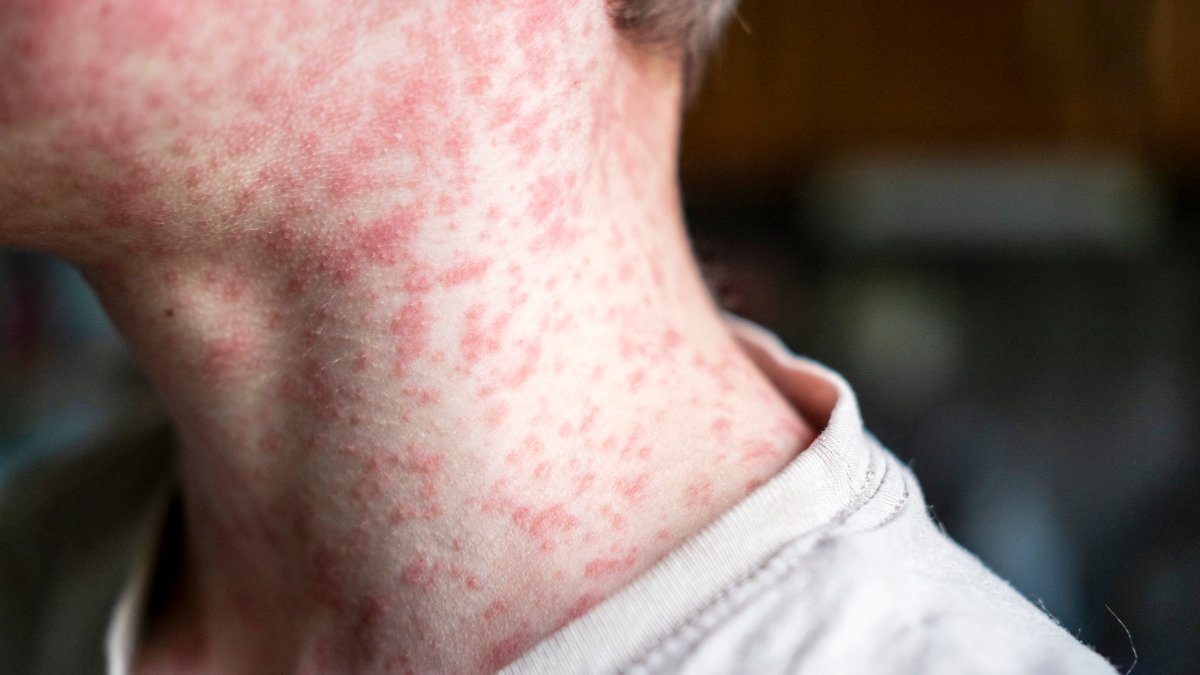Measles Alert: Grapevine Visitor Triggers Public Health Warning in Tarrant County

A potential public health risk has emerged in Grapevine after a confirmed measles case prompted Tarrant County Public Health to issue an urgent exposure notice. The infected individual visited two local venues while contagious, raising concerns about potential community transmission.
Health officials are now alerting the public about possible exposure locations, urging residents who may have been at these sites during specific timeframes to monitor their health closely and take immediate precautions. Measles, a highly infectious viral disease, can spread rapidly among unvaccinated individuals.
The county's health department is working diligently to trace potential contacts and prevent further spread of the virus. Residents are advised to check their vaccination status and contact healthcare providers if they develop any symptoms or have concerns about potential exposure.
Anyone who believes they may have been in the same locations during the specified times should remain vigilant for signs of illness, which typically include high fever, cough, runny nose, and distinctive red rash. Early detection and medical consultation are crucial in managing potential measles transmission.
